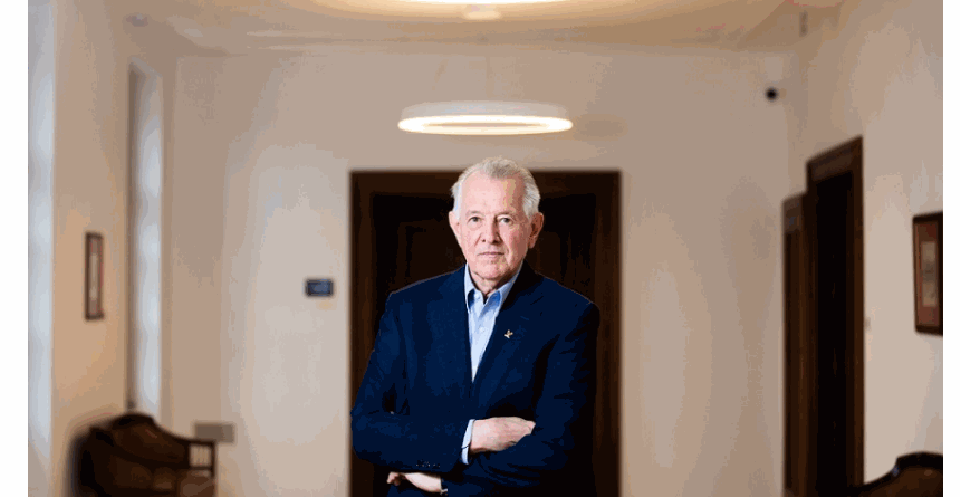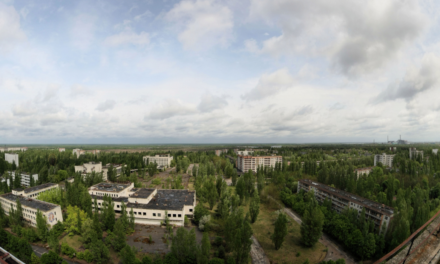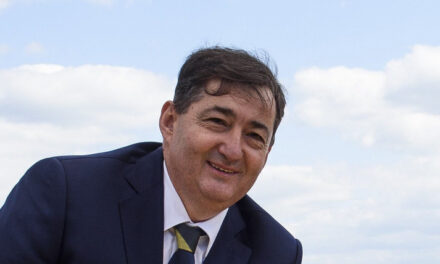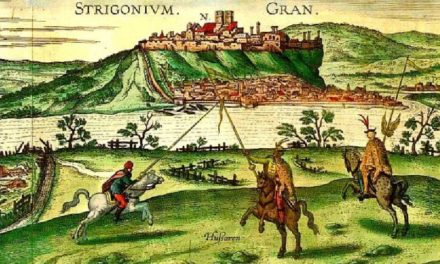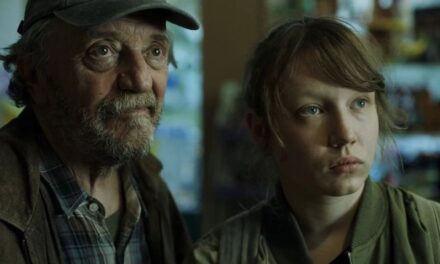Six topics, sixty questions. Mandiner's guest is Pál Schmitt. Olympic champion fencer, renowned sports diplomat, former president of the Republic. He has been married for 56 years and what few people know about him is that he played the piano at the Tik-Tak press at the age of 16. And today is his birthday.
He once said that he grew up in constant fights and mischief as a child. True?
Don't think about anything serious, but it's a fact, I quickly learned that people both give and receive - begins Pál Schmitt. - I was a child in Svábhegy, on Németvölgyi út, and we constantly competed with guys from the neighborhood and classmates. Mainly in sports, but we also played a lot of futsal.
I read that he took piano lessons as a small child. Did his parents want him?
Most of my childhood was spent in service. Special French lesson, religion lesson, German lesson, piano lesson. In particular, it was my father who expected me to be a good student at school and to learn languages. Few people know that back in the twenties, my father used to play the piano in silent movie theaters, he also had a piano at home, so there was no question that I would try it. Moreover, at the age of 16, I also played the piano in the evenings in the Tik-Tak presso on Böszörményi út. I was a drop-in, because Aunt Anci's hand was broken, and she said, I know all the good hits through my father anyway, so I should drop in instead.
Was he an only child?
We were three brothers. Unfortunately, my younger brother is no longer with us, fortunately my sister is, she is 82 years old.
In 1945, the II. He was three years old at the end of World War II. What did he mean by that?
Nothing. But I sensed that everything was so gray and we had no money. My father was a doctor, a rheumatologist, he didn't earn well, we lived a solid life. My grandchildren don't know where to put it when I say that I saw television for the first time when I was 17 years old. Of course it was better that way. There was more time for books, sports, and family conversations.
He attended the Petőfi high school in Buda. What memories do you have of school?
I started high school in 1956. Then a month later, on October 23, the revolution broke out. You can imagine.
Was your life in danger during the freedom struggle?
Since I was only 14 years old, my parents didn't let us into the city, but we hung out at Móricz Zsigmond körtér, or at the time Moskva tér. In our own way, we high school students also contributed to the revolution. At school, we decided to abolish Russian language education. Then he really wasn't there for half a year, but then he was brought back... The high school years are still alive in me because that's when I lost my father.
How old were you when your father died?
Seventeen. It was a big break, but I know that I can thank my father for the fact that I solved the tasks that arise in life relatively well later on.
Was it because of that that you later applied to medical school, where in the end you were not accepted?
He was a highly respected and recognized doctor, and he defined my childhood. Yes, I applied under his influence, but in the end I graduated from the University of Economics, majoring in domestic trade.
You can read Mandiner's article in its entirety
Author: Endre Sal
Picture: Márton Ficsor

